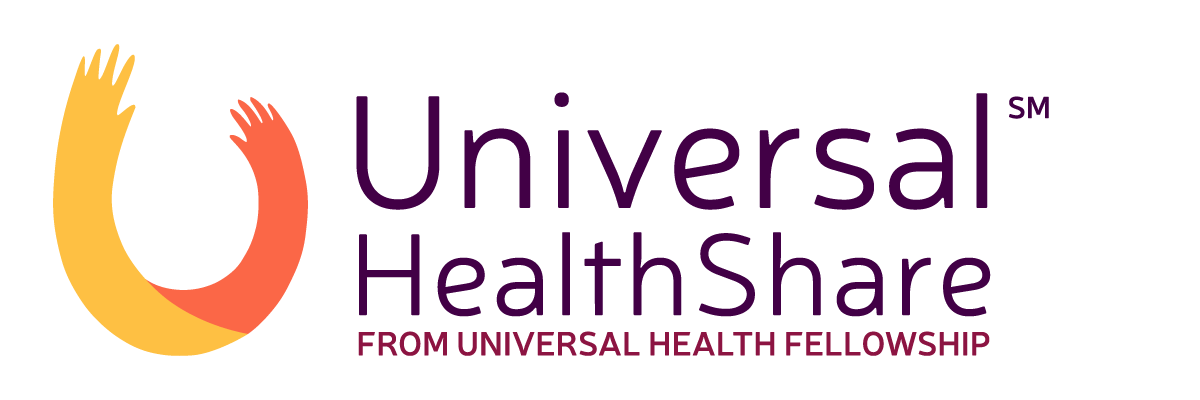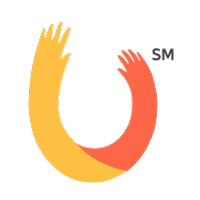In honor of National Stroke Awareness Month, we compiled a blog all about the signs of a stroke and what to do if you suspect you or a loved one has had one.
More than 800,000 strokes happen every year in the United States and are the 5th leading cause of death and disability for adults. While anyone can have a stroke at any age, almost ¾ of strokes occur in people over 65. Knowing the signs can be the difference between life and death.
If you think you or someone around you is having a stroke, call 911 IMMEDIATELY and note the time symptoms first appeared.
What increases my risk of stroke?
Factors that increase the likelihood of having a stroke include smoking, excessive use of alcohol, high blood pressure, diabetes, and high cholesterol. Unhealthy eating habits, such as under eating or overeating, consuming high amounts of foods high in fat and salt, or consuming excess amounts of sugar, also increase your risk of stroke.
How do I prevent strokes?
While several genetic disorders can be linked to an increased risk of stroke, nearly 80% of strokes could be prevented by maintaining a healthy lifestyle. To lower your risk:
- Maintain a healthy blood pressure
- Refrain from smoking
- Limit alcohol intake
- Control diabetes as much as you can
- Exercise regularly
- Eat healthier foods and eat at regular times throughout the day
- Monitoring your cholesterol
How do I know if I (or someone around me) is having a stroke?
The National Stroke Association has developed the acronym F.A.S.T. to help people recognize the signs of stroke in themselves or others.
- F- Face: Does the face droop on one side when the person smiles?
- A- Arm: After raising both arms, does one of the arms drifts downwards?
- S- Speech: After repeating a simple phrase does the person’s speech sound slurred or strange?
- T- Time: If any, or all, of the above signs are observed, call 911 for medical assistance
Remember, in the event of a stroke time is of the essence. If you suspect you or someone around you is having a stroke, call 911 immediately.
For more information on strokes and how to prevent them, please visit https://www.stroke.org/


